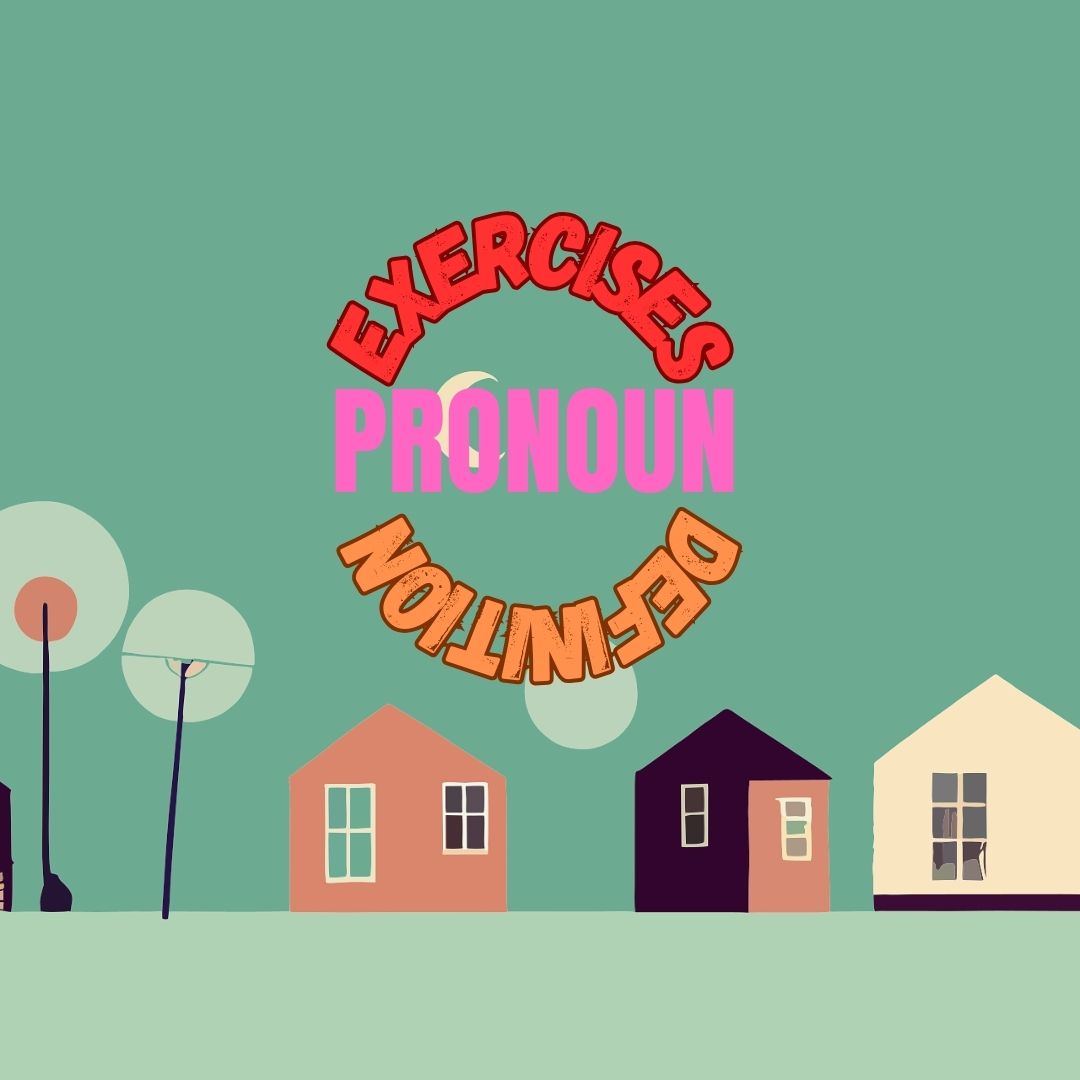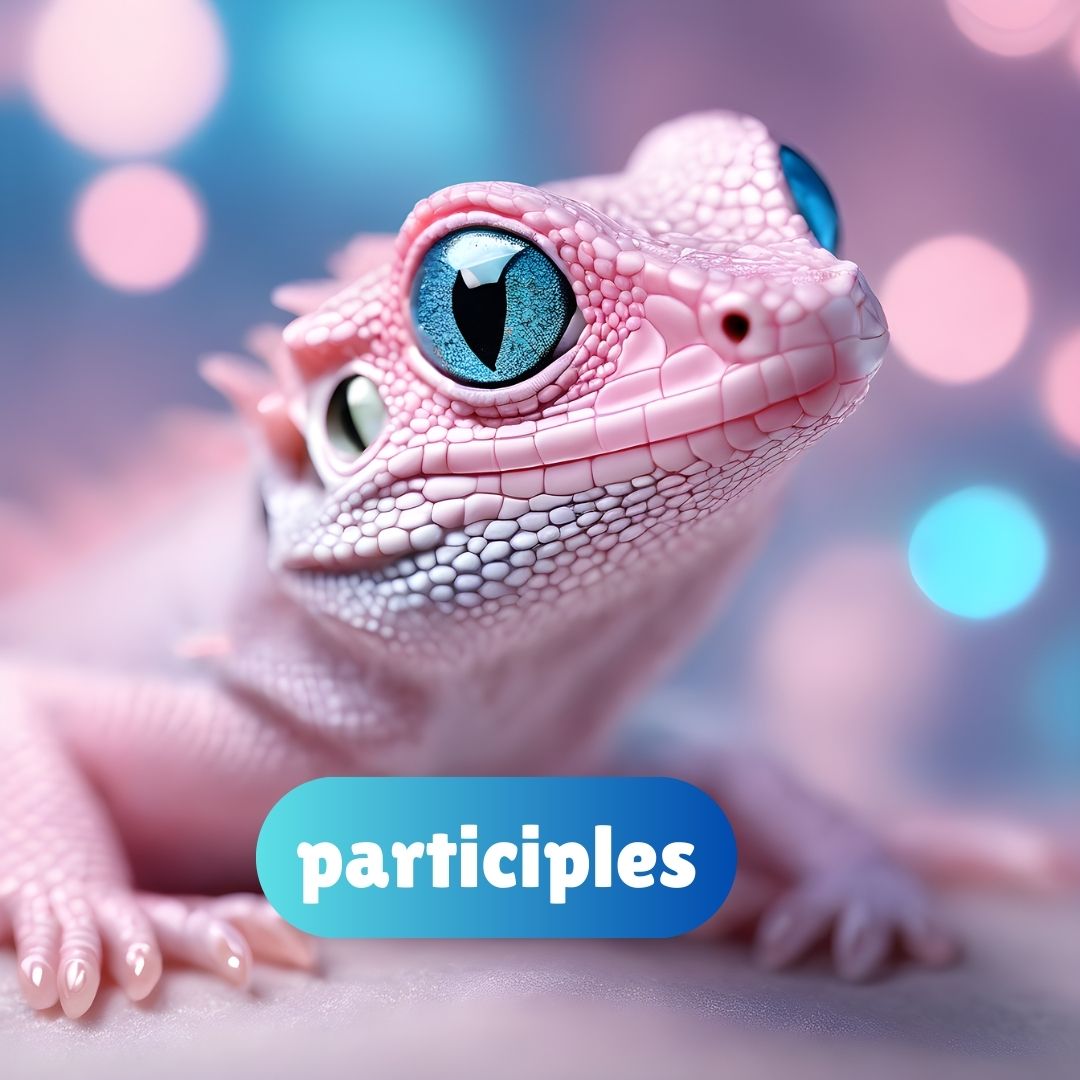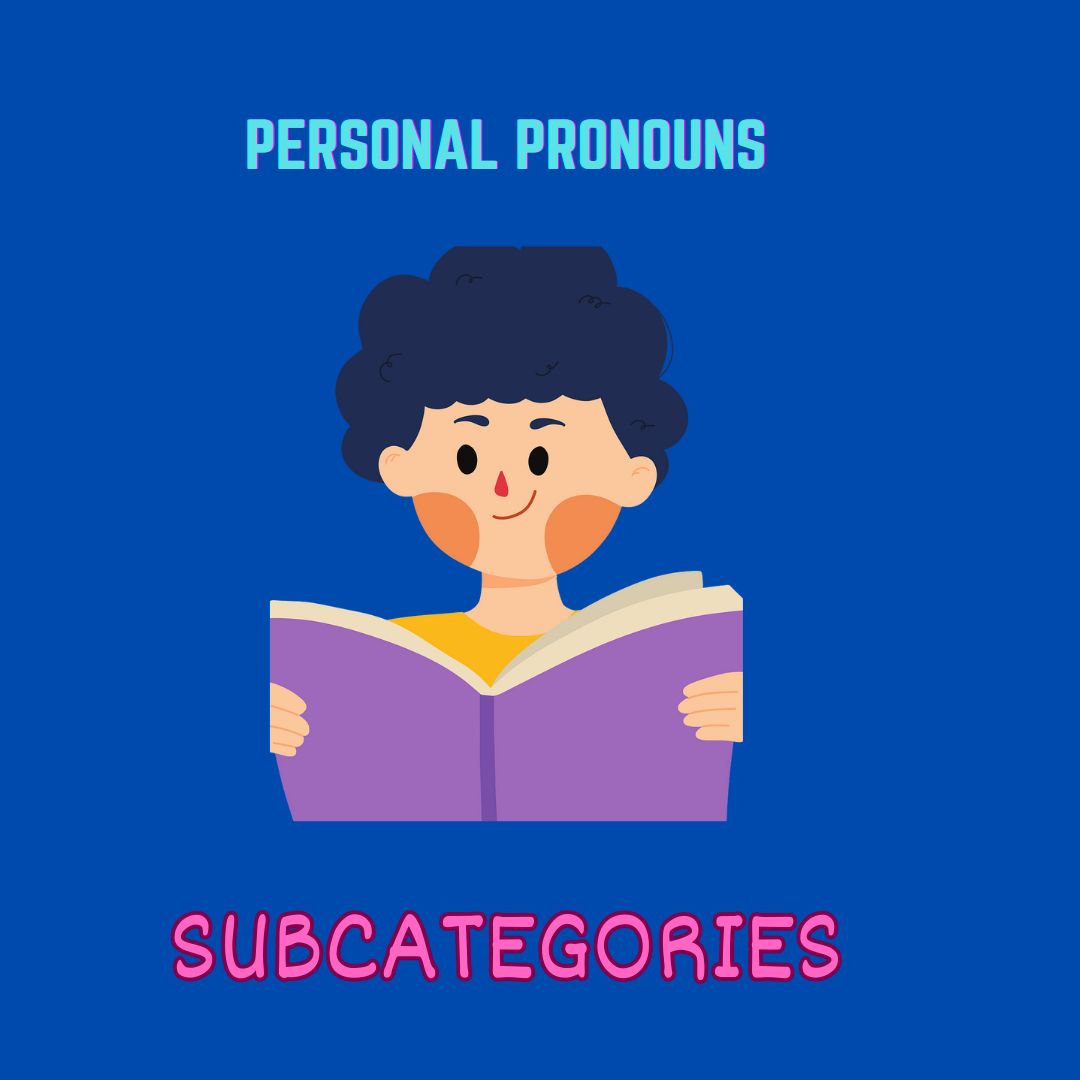Tag: objective

Pronoun Exercises
Pronouns are words that substitute nouns in sentences to avoid repetition or add clarity. They come in various types, each serving a specific function:

The Participle-Non-Finite form of the Verb
The participle is a non-finite verb form that possesses properties of both verbs and adjectives (and sometimes adverbs). It can be used to create verb phrases, participial phrases, and adjectival phrases. Participles, as verb forms that function as adjectives, can be used to modify or describe nouns, effectively turning them into attributes. When a participle is used to modify a noun, it acts like an adjective, providing additional information about the noun.

The Indicative Mood-the Passive Voice
In the passive voice, the subject of the sentence receives the action of the verb, rather than performing the action itself. The passive voice is formed using a form of the verb to be followed by the past participle of the main verb.

Personal Pronouns and their subcategories
Personal pronouns can be further classified into three subcategories: Subjective pronouns (I, you, he, she, it, we, they) Objective pronouns (me, you, him, her, it, us, them) Possessive pronouns (mine, yours, his, hers, its, ours, theirs)